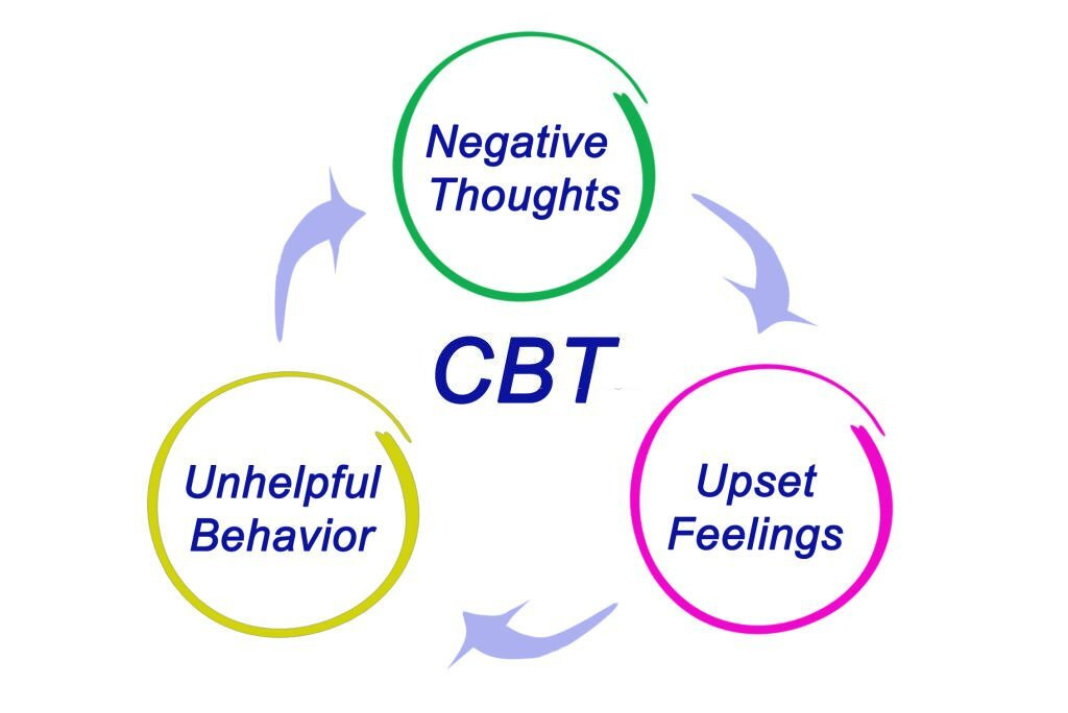Getting therapy isn’t an easy and simple decision to make. But the moment you decide to give it a go, you can expect to embark on a momentous journey that will soon lead to growth and transformation.
One form of therapy that has been making waves in the therapy realm is none other than cognitive behavioral therapy or CBT. But does it mean that CBT works for everyone? Can you also benefit from CBT?
Here are the telltale signs that therapy can help you in more ways than you can imagine:
Table of Contents
You Have the Willingness to Commit to the CBT Process
CBT isn’t something that you can finish in just a single session. This form of treatment is an enduring process, which means you must have the willingness to exert effort to see results.
CBT won’t be of any help to you if you are looking for a therapist who can make all your problems vanish into thin air without helping you change your thoughts or actions.
On the other hand, if you are ready to commit your time and effort to CBT, you can look forward to seeing better results than you can imagine.
You Learn in Many Different Ways
Cognitive behavioral therapy is among the most commonly used forms of therapy. It means you can learn important information in many different ways. Once you embark on your CBT journey, you can also ask your therapist for some suggestions for books, apps, worksheets, podcasts, videos, and groups that can help you master all the concepts. You can stick with the methods that help you learn easily or you can also use all the different sources at the same time.
Your Behaviors and Thoughts are the Cause of Your Problems
CBT focuses on how negative behaviors and thoughts affect your lives. Since the primary objective of the treatment is to reframe how you behave and think, CBT might not work for you if your problems don’t have anything to do with your behaviors and thoughts.
If your life problems are more relational or existential, or if your goal is to continue working with the therapist for a long time, you might be better off with a different modality.
You Always Expect the Worst
One of the most crucial takeaways from cognitive behavioral therapy is how your behavioral and thought patterns affect your mental health. With CBT, you will learn that while there is nothing you can do to change things happenings around you, you can still change how you react to them.
If you are someone inclined to expect only the worst from everything, you might benefit from CBT. Once you learn and master the skills taught in CBT, you will soon notice that changing your beliefs and thoughts to help you cope will also have better results.
The moment you start to see that the worst things don’t always happen, you will soon begin to manage your expectations more realistically.
Hi, I’m Sophia! Welcome to my blog Try Stress Management (trystressmanagement.com), where I share simple, down-to-earth ways to handle stress and bring more calm into everyday life. Think of me as your friendly guide, offering practical tips, reflections, and little reminders that we’re all figuring this out together.
When I’m not blogging, you’ll usually find me with a good book, sipping tea, or exploring new walking trails. I believe small changes can make a big difference—and that a calmer, happier life is possible for everyone.
